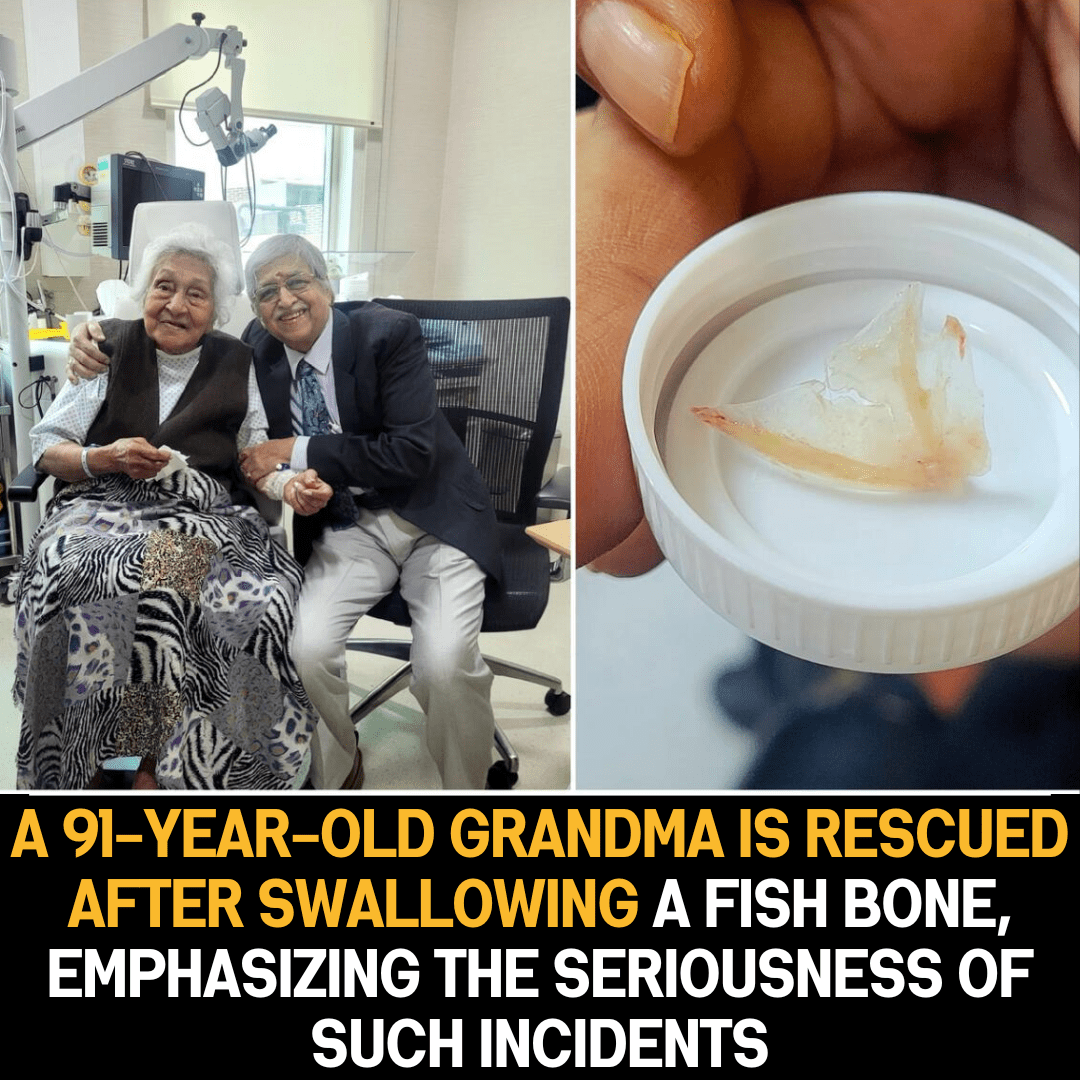The recent rescue of an elderly woman who had accidentally swallowed a fish bone serves as a poignant reminder of the often-overlooked health risks associated with such incidents. While seemingly innocuous, ingesting a fish bone can lead to serious complications, highlighting the importance of prompt medical intervention and awareness of potential hazards, especially among vulnerable populations like the elderly.
Swallowing a fish bone may seem like a common occurrence, often dismissed as a minor inconvenience. However, the reality is far from trivial, as it can pose significant health risks. Fish bones are sharp and rigid, capable of causing injury to the throat, esophagus, or gastrointestinal tract as they travel through the digestive system. In some cases, the bone may become lodged in the throat or puncture the digestive tract, leading to inflammation, infection, or even internal bleeding.
In the case of the elderly woman’s rescue, swift action by medical professionals likely played a crucial role in preventing further complications. Upon realizing that she had ingested a fish bone and was experiencing discomfort, the woman sought immediate medical attention. Prompt diagnosis and treatment allowed healthcare providers to safely remove the bone and mitigate the risk of injury or infection.
This incident underscores the importance of awareness and caution when consuming foods that may contain bones or other small, sharp objects. While fish bones are a common culprit, similar hazards can arise from other sources, such as poultry bones or sharp objects accidentally ingested with food. Vigilance while eating, especially among the elderly or individuals with swallowing difficulties, can help prevent such incidents from occurring.
Furthermore, the elderly population is particularly vulnerable to the consequences of swallowing foreign objects due to age-related changes in swallowing function and reduced gastrointestinal motility. As such, caregivers and family members should be vigilant in monitoring their loved ones’ eating habits and intervening promptly if an incident occurs.
Beyond individual vigilance, public awareness campaigns and education initiatives can play a crucial role in highlighting the risks associated with swallowing foreign objects and promoting safe eating practices. By raising awareness of potential hazards and providing guidance on preventive measures and appropriate responses, such initiatives can help reduce the incidence of such incidents and minimize their impact on public health.
In conclusion, the rescue of the elderly woman who swallowed a fish bone serves as a sobering reminder of the serious health risks associated with such incidents. Timely intervention and heightened awareness are essential in preventing complications and ensuring the safety and well-being of individuals, particularly vulnerable populations like the elderly.









